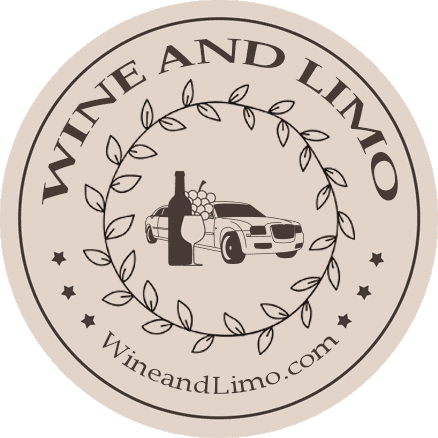Early this year, an average of 700 students per month attended Napa Valley Wine Academy classes, either in Napa or at one of seven other locations throughout the United States. By mid-March, that number was zero.
“Overnight, our business changed quite dramatically,” said Christian Oggenfuss. “We went from being a company that runs 80 percent of its business dealing with students face to face to a business that deals 100 percent with students in the virtual realm.”
Oggenfuss, one of three founders of the NVWA, said the coronavirus pandemic has been “quite a sea change” for the school, including postponing all in-person classes “for the foreseeable future” before the shelter-in-place orders were implemented throughout the state. “At the time, we thought it would be a week or two,” Oggenfuss said.
Now, however, everyone knows it will be longer and harder for businesses to recover. “I would say coronavirus definitely threw us a curve ball,” Oggenfuss said in response to a question. What really gives us pause at this time is to see how deeply affected a lot of our students are. We see a lot of people come from the hospitality, restaurant, service industry, wineries and we see them struggling and suffering. That gives us pause.”
Online cocktail & joke hour Besides Oggenfuss, the other two co-founders of the Napa Valley Wine Academy, are Oggenfuss’ father, Jurg and Catherine Bugue, who is the director of education, and writes about wine for the St. Helena Star. Early on, they made several decisions to weather the coronavirus storm, including forbidding company-wide travel for work, setting up all 11 full-time and several part-time staff to work from home and using Slack to keep in touch.
“It’s great for remote teams,” Oggenfuss said. “We have a morning call every morning at 8:50, everyone is on the call and we go over priorities. We stay in great touch throughout the day and then we build in some fun, social activity via Zoom.” On Fridays at 4 p.m., everyone gathers for a cocktail and joke hour. “It’s important to keep the enjoyment in our work,” Oggenfuss said.
A decision also was made to stop planning for a new facility. “We decided to put that on hold, at this time, because things are so uncertain, with the economy and how long we will be sheltering in place,” Oggenfuss said. The money instead will be used to keep the staff employed and giving them medical benefits, he said.
“We hope for the best and plan for the worst,” Oggenfuss added. “We’ve modeled our business to have a shutdown all the way into August. If it goes longer than August, we will have to evaluate our business and see how we can continue to thrive during this time. We’re hopeful that people can get back to work, this virus can be disarmed, if you will and the economic impact from everyone having to stay at home and shelter in place can be mitigated.”
An online school Although the transition from traditional to online was sudden, because of the coronavirus epidemic, it was not unexpected, because of the prevalence and importance of online education at universities and in the corporate world, Oggenfuss said. “We’ve always been convinced that online is the future of education.
“Over the last three years, we have been investing in our online platform, developing courses for online,” Oggenfuss said, and as part of that, they partnered with a company to build and develop tasting kits, with trial size bottles to go along with their online classes. The kits were launched at about the time the shelter-at-home orders went into effect.
“An important part of wine education is being able to taste the wine and evaluate the wines. We always struggled with how we make the possible and affordable for our students,” he said. “We’ve now cracked the code on that element of wine education.”
Bugue, as well as all the other instructors, has transitioned to teaching online courses. “I’ve been conducting webinars via Zoom for several years now, so the transition to more virtual classes, Facebook Live sessions and webinars has been easy,” she said. “I can still interact with students via chat boxes, for larger classes, and even live sessions for smaller groups – both letting me continue to do what I love, help students reach their education goals, whether it is understanding a topic or passing an advanced wine exam.”
Teaching their students online is going well, Oggenfuss said, and Bugue agrees. “I think people are anxious to learn and anxious for that interaction. The interaction has definitely picked up during these times,” Oggenfuss said. “We see people really engaging, where before they didn’t have enough time or their schedule didn’t allow them to join a webinar. We obviously see a difference with people sheltering in place and staying home.”
Bugue adds, “We have the most amazing students, so dedicated and committed to their personal and professional goals. To watch them progress through their educational journey is a great thrill I’m lucky enough to witness.”
Wine courses Wine courses include the wine 101 course ($99) for those who know nothing about wine, a sommelier service class, usually $69 but now free to anyone in the hospitality industry, the topline WSET (Wine and Spirits Education Trust) level 1-4 diploma courses, each $999 and two new wine industry courses dealing with consumers.
“We will go back to offering in person classes and we’re optimistic that we will be able to do that sooner, rather than later,” Oggenfuss said. “But, I think we do know that the online part of our business will never be the same.”
